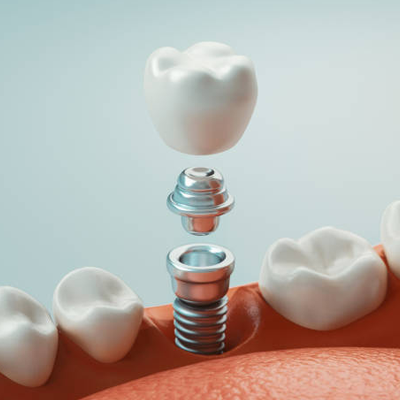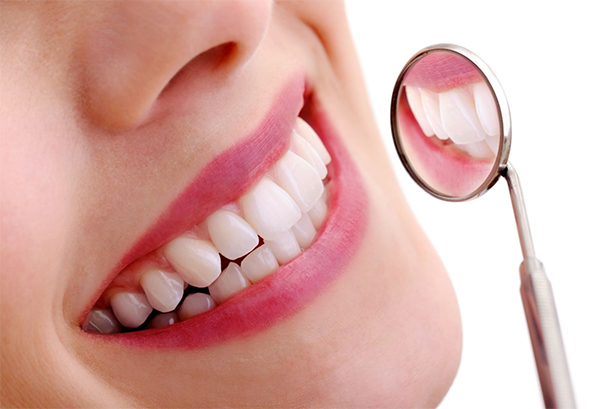
Toothache Troubles? Tips for Managing Pain at Home
Are you tired of the constant throbbing pain in your mouth? Toothaches can be a real nuisance, making it difficult to eat and even speak. But fear not! There are several effective ways to manage toothache pain from the comfort of your own home. In this blog post, we’ll share some tips and tricks that will help alleviate your discomfort until you can see a dentist. So sit back, relax, and read on for our top recommendations on managing toothache troubles at home!
Symptoms of a Toothache
There are a few telltale symptoms of a toothache: throbbing pain, increased sensitivity to hot or cold temperatures, and pain when chewing. If you’re experiencing any of these symptoms, it’s time to take action.
There are a few things you can do at home to ease the pain of a toothache. For one, try rinsing your mouth with warm salt water. This will help to reduce inflammation and kill bacteria. You can also try applying a cold compress to the outside of your cheek for pain relief.
If over-the-counter painkillers aren’t doing the trick, it’s time to call your dentist. They’ll be able to determine the cause of your toothache and recommend the best course of treatment.
Types of Toothaches
There are different types of toothaches, and the type of pain you experience can help your dentist determine the underlying cause. Here are some common types of toothaches:
-Dull, aching pain: This type of pain is often caused by dental decay or gum infection.
-Sharp, shooting pain: This type of pain is often caused by an exposed nerve in the tooth.
-Throbbing pain: This type of pain is often caused by an abscessed tooth.
Diagnosis and Treatment
If you’re experiencing tooth pain, the first step is to visit your dentist to determine the cause. In some cases, toothaches can be caused by something as simple as a piece of food caught between your teeth. However, if the pain is more severe, it could be indicative of a cavity or an infection. Once your dentist has diagnosed the problem, they will develop a treatment plan accordingly. For example, if you have a cavity, they may recommend getting a filling. If you have an infection, they may prescribe antibiotics. In either case, it’s important to follow your dentist’s instructions in order to treat the problem and relieve your pain.
Home Remedies for Tooth Pain
When it comes to tooth pain, there are a few things you can do to try and manage the pain at home. Of course, if the pain is severe, you should see a dentist right away. But, if it’s more of a dull ache or occasional twinge, there are some home remedies that may help.
To start, over-the-counter pain relievers like ibuprofen can help with both inflammation and pain. Just be sure to follow the package directions for dosage and don’t take them for longer than directed.
You can also try applying a cold compress to your cheek or jaw where the pain is coming from. This can help numb the area and provide some relief. Just be sure not to put ice directly on your skin as it could cause damage.
There are also a few things you can do to try and reduce any inflammation or swelling that may be contributing to your toothache. Rinse your mouth with warm salt water several times a day and avoid chewing on hard foods or anything else that could aggravate the area.
If you’re still experiencing pain after trying these home remedies, it’s time to see a dentist to find out what’s causing the problem and get proper treatment.
The Counter Medications for Quick Relief
There are a few over-the-counter medications that can offer quick relief for tooth pain. Acetaminophen or ibuprofen can help to reduce inflammation and pain. There are also numbing agents that can be applied directly to the gums for temporary relief. Be sure to follow the directions on the package and only use these medications as directed. If you are unsure about which medication to take, or how much, always ask your pharmacist for guidance.
When to Seek Professional Care?
There are a few instances when you should seek professional care for your toothache. If the pain is severe and/or accompanied by fever, swelling, or redness in the gums, you should see a dentist right away as this could be a sign of infection. If over-the-counter pain relievers don’t seem to be helping, or if the pain is keeping you from eating or sleeping, make an appointment with your dentist. Additionally, if you have dental insurance, most plans will require you to see a dentist for any treatment beyond basic cleanings and preventive care.
Preventative Care Tips
There are a few things you can do at home to help prevent toothaches or ease the pain if you already have one. Here are some tips:
-Practice good oral hygiene by brushing and flossing regularly. This will help remove plaque and bacteria that can cause toothaches.
-Avoid foods that are hard to chew or sticky, as these can damage your teeth and lead to pain.
-If you have a toothache, try rinsing your mouth with warm salt water or using a cold compress on the affected area. You can also take over-the-counter pain medication like ibuprofen to help ease the discomfort.
-See your dentist regularly for checkups and cleanings. This will help keep your teeth and gums healthy and prevent problems like toothaches from developing.
Conclusion
Taking care of a toothache can be an uncomfortable experience, but with the right knowledge and proper techniques, you can manage it at home. We hope that this article has given you the information you need to get started on your journey toward relief. Remember to stay hydrated, take breaks when needed, monitor your progress, and contact a dental professional if symptoms persist or worsen. With these tips in mind, we wish you luck in managing your toothaches more effectively at home!
Toothache can be caused by a variety of factors including tooth decay, gum disease, trauma, tooth abscess, grinding or clenching of teeth, tooth fracture, and impacted wisdom teeth.
The common symptoms of a toothache include pain, sensitivity to hot or cold, swelling, fever, difficulty in opening the mouth, and foul taste or odor in the mouth.
You can manage toothache pain at home by taking over-the-counter pain relievers such as ibuprofen or acetaminophen, rinsing your mouth with warm salt water, applying a cold compress to the affected area, avoiding very hot or cold foods and beverages, and avoiding chewing on the affected tooth.







